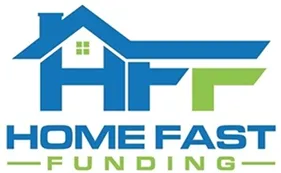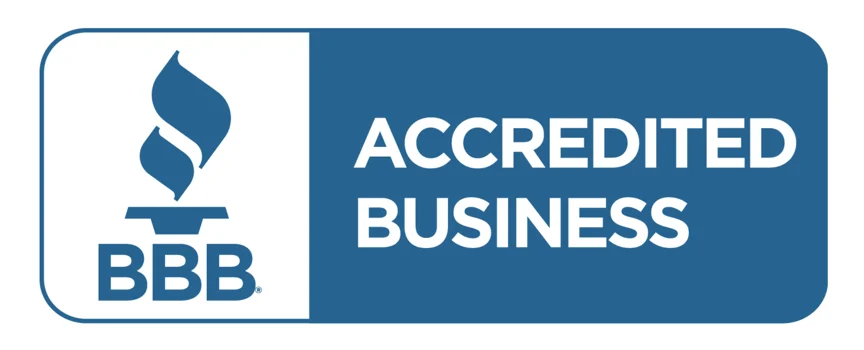If you’re dreaming of buying a home but worried about not having enough savings, you’re not alone. One of the biggest obstacles for homebuyers is coming up with a large down payment — sometimes even more daunting than the price of the home itself. Fortunately, programs like FHA loans exist to make homeownership more accessible.
Not every loan option is the right fit, especially if you’re carrying debt or have less-than-perfect credit. That’s where FHA loans can be a great solution, particularly for first-time buyers.
This guide will walk you through what FHA loans are, their requirements, and how to know if one is right for you.
What is an FHA Loan?
The Federal Housing Administration (FHA) is the world’s largest insurer of residential mortgages. FHA loans are backed by the FHA, which gives lenders like banks, credit unions, and mortgage companies the confidence to offer loans with lower down payment requirements.
Borrowers pay for mortgage insurance as part of the program, but in return they may qualify to purchase a home with as little as 3.5% down. Compared to conventional loans, FHA loans generally have more flexible credit, debt, and down payment requirements.
FHA Loan Requirements
FHA loans are available to both first-time and repeat buyers, but applicants must meet certain standards:
The home must be appraised by an FHA-approved appraiser.
The property must be your primary residence — not a second home or investment.
You must occupy the home within 60 days of closing.
The property must pass an FHA inspection to ensure it meets minimum standards.
Down Payment Rules
Credit score 580+ → minimum 3.5% down payment.
Credit score 500–579 → minimum 10% down payment.
Funds for down payments must come from approved sources such as savings, gifts, or investments.
Mortgage Insurance (MIP)
Upfront MIP: 1.75% of the loan amount (may be financed into the loan).
Annual MIP: 0.45%–1.05% of the loan amount, depending on the loan term and size.
MIP lasts for the life of the loan unless you put 10% or more down, in which case it expires after 11 years.
Loan Limits
FHA loan amounts vary by location. For single-family homes in 2022, the limits range from $420,680 (floor) to $970,800 (ceiling), depending on whether the area is low-cost or high-cost. You can check your county’s FHA loan limit through HUD or a housing counselor.
Credit Score & DTI Requirements
FHA generally requires a DTI (Debt-to-Income Ratio) of 43% or less.
Monthly mortgage payments should not exceed 31% of gross monthly income.
Higher credit scores improve your borrowing power and can make it easier to qualify for a larger loan.
Income Requirements
The FHA does not set strict income minimums, but borrowers must show stable employment and reliable income. Lenders may ask for W-2s, tax returns, or bank statements to verify financial stability.
Bottom Line
FHA loans are:
Government-insured, designed to help more people achieve homeownership.
Available with as little as 3.5% down.
Flexible in terms of credit and debt requirements.
Free of prepayment penalties if you choose to pay off your loan early.
Buying a home can feel overwhelming, especially if you’re unsure where to start. FHA loans make the process easier, and we’re here to guide you every step of the way.
Get a free instant rate quote
Take a first step towards your dream home

Free & non binding

No documents required

No impact on credit score

No hidden costs


.avif)
.svg)
.svg)
.svg)
.svg)

.svg)


